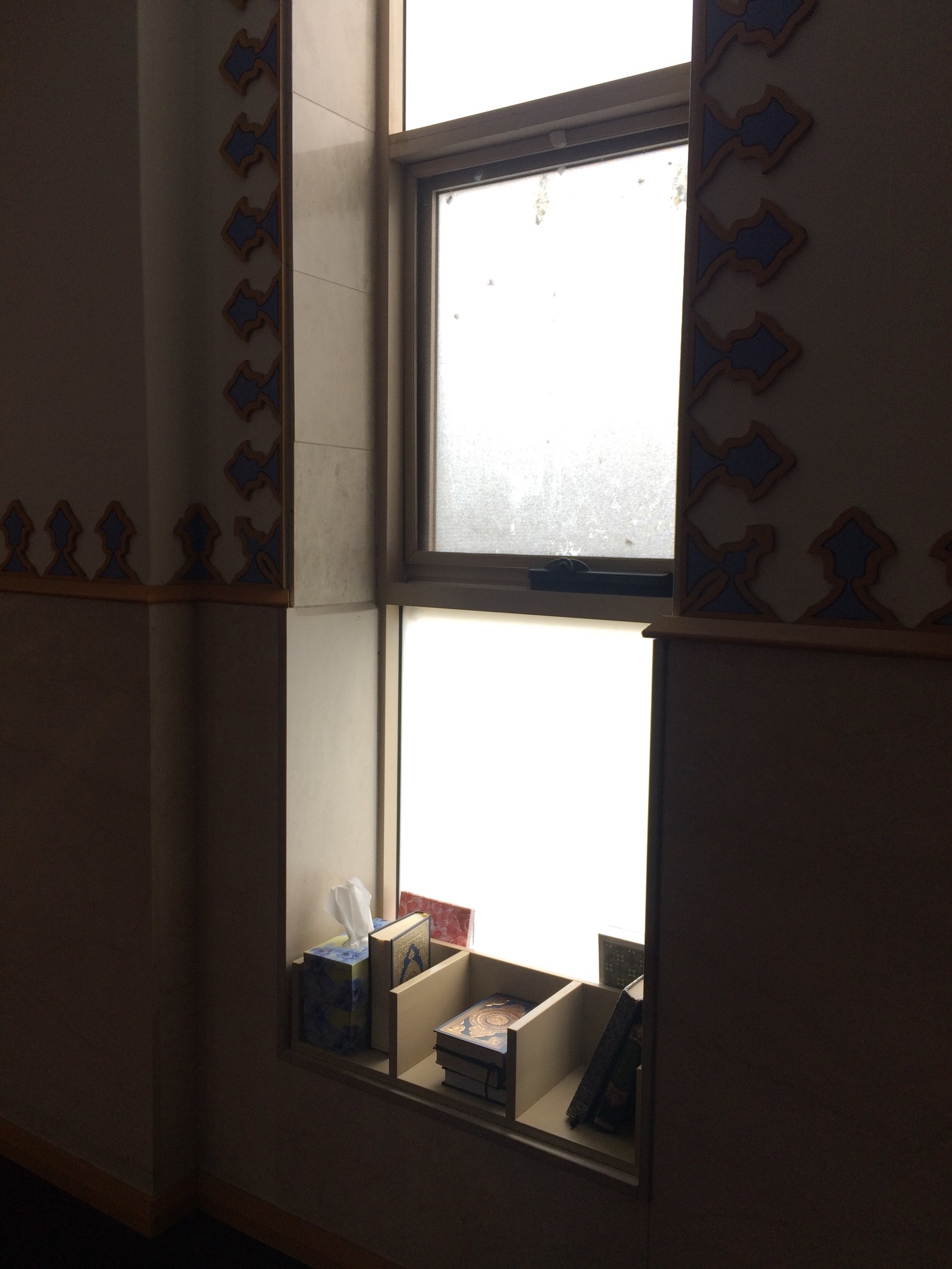All Australians were welcomed into mosques to ask questions and learn about Islam as masjids across the country opened their doors on Saturday for National Open Mosque Day.

"It is about finding out about one another and learning about one another," Sheikh Wesam Charkawi, told BuzzFeed News.
"Islam is depicted as the bogeyman and Muslims are seen as the other and placed outside of the mainstream Australia ... but [Open Mosque Day] has such a profound effect on hearts and minds."
Here are some of the things we learned.
Ignorance can be more oppressive than the hijab.

"Muslim women [have] to wear the hijab, which makes them stand out, whereas the men can remain anonymous, and I find that is very unjust on your beautiful Muslim ladies," one member of the public told the panel of sheikhs sitting cross-legged at Lakemba Mosque in Sydney's southwest.
"I don't feel oppressed by the hijab, which I believe is a requirement that is clearly stated in the Qur'an," Widyan Fares of the Lebanese Muslim Association responded.
Fares said she found people's ignorance more oppressive than a piece of material, which she said she wears "purely for God".
"It is not only to preserve modesty but to be judged on what is in your head, not what is on your outside," she said.
"But it is surely not a measure of how religiously devoted you are, or that it makes you a good Muslim woman and if you don't then you're a bad Muslim woman."
Non-Muslim women can be complicit in that oppression.
Islam convert and lawyer Lydia Shelly said she had a "very negative perception" of Muslim women before she joined the religion more than a decade ago.
"At uni I saw a group of Muslim women wearing the veil and I remember thinking that they were uneducated, that they were oppressed," Shelly said. "I felt sorry for them – I thought they were going to get a uni degree, get married, and have 20 kids."
Women had more important things to worry about than whether or not someone was "wearing a burkini or a bikini".
"Often some really grotesque and offensive views are held by other white women and I just want to make the point, as white women, and I include myself in that, we don't have a monopoly on what constitutes feminism or liberation."
LGBT Muslims are "perceived in the same light" as those who commit adultery.

When asked by BuzzFeed News what place LGBT Muslims had in Islam, Shaykh Abdul-Karim said teachings were "very clear on this matter".
"Islam as a religion, in relation to LGBT relationships and those outside of marriage ... It is prohibited and there is no room for it in Islam," Abdul-Karim said.
"[Adultery and same-sex relationships] are perceived in the same light and prohibited and not accepted within Islam."
Abdul-Karim told those gathered that an LGBT Muslim would not be taken "outside of the fold of Islam" despite "transgressing the limits of God".
"If somebody came into a masjid and performed his prayers with the Muslim congregation and that was his inclination, no one is going to pick him up and throw him out, much the same as if someone was fornicating outside of marriage and had a girlfriend [they] wouldn't be thrown out."
He said homosexuality was a "test to abstain from that desire" and channel the desire in a "permissible" manner.
"This is the position of Islam, the position of Muslims that you'll find all over the world."
But not all Australian Muslims agree. Australia’s only openly gay imam, Nur Warsame, who runs a support group for LGBT Muslims in Melbourne, has called comments made by sheikhs opposing homosexuality "an archaic way of thinking that dates back to the eighth century".
Shelley added that although Muslims had a "theological position" they were not "condoning discrimination".
"As a practising Muslim, I have no right to think that I'm a better Muslim than someone who may identify as LGBTQIA."
Muslims aren't psychic.
Some interesting questions about halal meat, hijabs and the history of Sufism at Lakemba Mosque today
“If there are two pieces of meat in front of you and one is halal and one isn't, how do you tell which one is halal?” one woman asked.
"I wish I had that psychic power to be able to tell the difference," answered one sheikh.
The panel confirmed that halal certification was the only way to know if a product was OK to eat.
